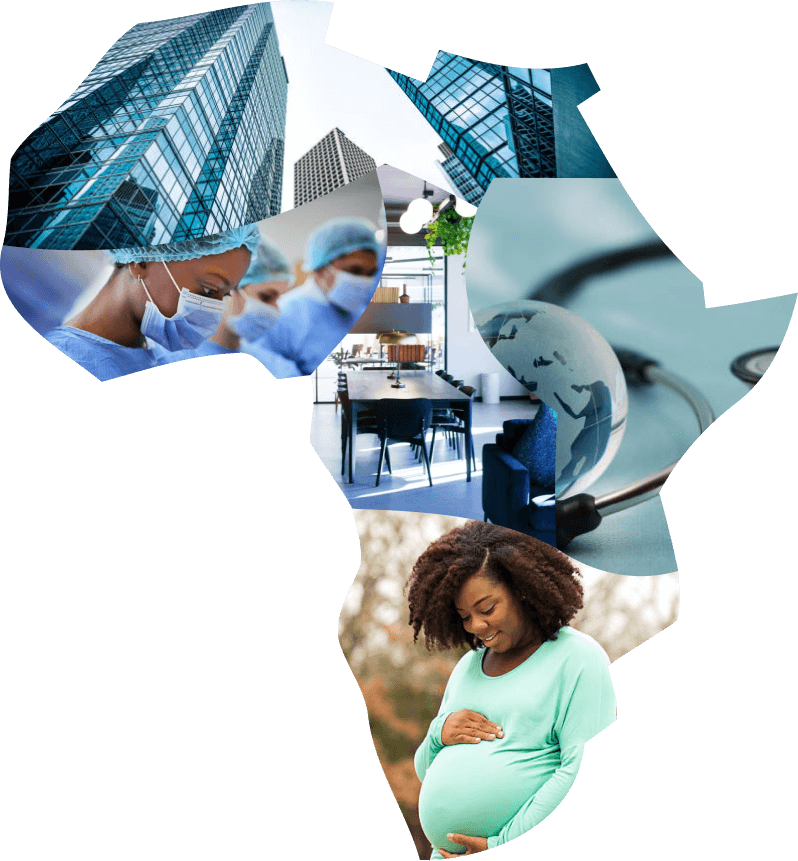Mankind has never before faced such a crisis on a global scale as it is facing now with COVID-19. The virus, which originated from China, has upended life as we know it – a mere three months after first contact.
Across the globe, COVID-19 has forced us to question our systems, processes and procedures. It has not stopped there – the virus is now threatening the world’s economy so much so that the United Nations has released a report reassessing the prospect for growth for 2020 and 2021. This report concludes that the global economy has effectively entered a recession that may be as bad as or worse than the one of 2009. Read report here
However, unlike the most recent global recession, the current one does not have its origin in the failure of markets; rather, its origin is in a virus. To resolve this current economic crisis, its underlying cause must be fixed and this depends primarily on public health and medical responses resulting in a catch-22 moment – taking steps to alleviate the health crisis, through social distancing, exacerbates the economic crisis. This unique difference makes the response to the acute phase of the economic crisis more challenging.
COVID-19 has disrupted millions of lives, upended livelihoods and impacting poor households as well as small and informal businesses underlining the need to respond forcefully. However, everyone must understand that any economic response cannot be fully deployed until the pandemic itself is brought under control.
History has shown that there are ways to end economic crisis and, has been widely noted, efforts to stimulate demand are not helpful in a time when many people are sheltering at home. That being said, governments’ spending can still play a crucial role in confronting the economic fallout. Efforts to slow the pandemic are slashing incomes for many workers and revenues for many businesses across the globe. Providing substantial income support to these groups will serve as a financial lifeline to those facing especially dire consequences in the short run. This support will also help sustain businesses that would otherwise be viable but for the precipitous drop in revenue.
Governments in Africa understand these and have not been quiet in the face of the virus. The continent’s response to the crisis has been strategic and two-pronged; containing the pandemic through controls ranging from stay-at-home orders in some cases to complete shut down in others and simultaneously buffering its economy deploying measures to ensure citizens’ welfare with policies designed to ease financial burdens – in Kenya, the government and landlords are engaged in a potential three-month rent waiver to tenants; in Nigeria, the government is engaged in a cash transfer to the poorest households and in South Africa, small businesses have been given access to loans at prime interest rates.
Africa’s private sector has also put its considerable resources into play with investments into acquiring testing kits, setting up emergency care centers and providing key data and logistics required in containing the virus and treating those infected. This mirrors what is happening globally as companies rally to tackle the pandemic’s escalating toll by repurposing their resources – both physical and intellectual – in response to the call for essential health products and equipment needed to stop the pandemic and reposition the global health sector.
Today, Africa’s COVID-19 numbers so far are low relative to the continent’s population – there are over 1.3 billion people in Africa – but considering the speed with which the virus spread across the most hit continents and the number of deaths it has caused, it is easy to foresee that we might soon get to a point where figures will lose its meaning when compared to the grief of survivors mourning their loved ones and the uncertainties that will be ushered in by new realities.
The hope the continent’s citizens have put in governments and corporates to bring resolution is justified but irrespective of outcomes, it is clear that Africa will have to move from ‘talking the talk’ to ‘walking the talk’ especially when it comes to healthcare. The pandemic has exposed the continent’s lagging healthcare system founded on an overdependence on international institutions which today cannot provide support as they themselves are having to manage the same crisis within their own countries.
Clearly, the COVID-19 presents Africa with an opportunity – opportunity for the public and private sectors to collaborate to rethink and reshape development; an opportunity to create markets that can deliver sustainable and inclusive growth; an opportunity to irrevocably change the fortune of the continent for good. The AfricaReport puts it in a better perspective advocating for ‘forging Public-Private-Philanthropic-People Partnerships to ensure that citizens and economies are going to benefit from the opportunities the COVID-19 crisis presents’.




